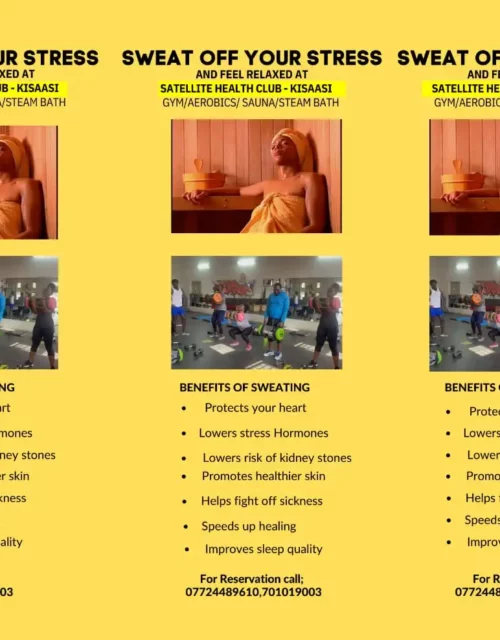By Spy Uganda
Owners and operators of media houses in Uganda are crying foul after the Uganda Communications Commission (UCC) released new tough regulations to govern what can be advertised or sponsored content on both TV and radio stations.
This is mainly because the new UCC sponsorship and advertising guidelines will, in essence, shrink steady streams of cash for broadcasters.
The guidelines, which came into force yesterday, October 1, put a tight leash on what can be and what can’t be advertised or sponsored on a television or radio station.

According to the new guidelines, a radio or television station is only allowed 10 minutes of advertisement in a block hour. This flies in the face of radio and TV stations that normally run adverts half of the time allotted to a particular programme.
Justifying the guidelines, UCC wrote that editorial integrity has been under threat of sponsored programmes as advertisers/sponsors have assumed a greater influential role in the media whereby broadcasters have continued to change media output to suit their sponsors’ interests.
“Broadcasters must ensure that the editorial integrity of their programming is not influenced by the sponsor,” a statement from UCC reads in part
The guidelines prohibit sponsorship of news, current affairs and religious services on both radio and television.
A programme is deemed sponsored if any part of its costs of production, acquisition or transmission is met through payment or other valuable reward to the broadcaster largely to promote the sponsors’ name, image, product, activities or services.
News items such as flashes, bulletin headlines, top stories, special and breaking news must not be sponsored.
Other must-not-be sponsored items include; parliamentary programmes; opening of parliament, highlights from parliament, select committee hearings, special committee of parliament, and commissions of inquiry.
Others are election related like campaign reports and polling night results, ministerial speeches, press conferences and speeches by public officials.
UCC however, allows the sponsorship of weather broadcasts, financial broadcasts or traffic.
In case a programme is sponsored, a sponsor’s name may be incorporated into the title of the programme provided it is an entertainment variety or sports programme.
While the sponsor’s products and services can be featured, they should not be given undue prominence and be sales pitches that promote the purchase of the products.
Presenters or interviewees appearing in these programmes are also not allowed to endorse the sponsor’s products or services.
The guidelines prohibit broadcasters from broadcasting any programme, which has been sponsored by a political party save for an advertisement, which has been distinctly identified.
Even where a programme has been sponsored, broadcasters are not allowed to directly encourage the purchase or rent of such a product or service by the inclusion of advertising copy, prices endorsement or calls to action.
Advertisements must be distinguishable from editorial content especially if they use a situation, performance or style reminiscent of editorial content that might prevent the audience from quickly recognizing the message as an advertisement.
UCC also banned advertisements that promote psychic practices or practices related to the occult which include satanism, casting of spells, palmistry, attempts to contact the dead, divination, the invocation of spirits or demons and exorcism.
For TV, split screen advertising where the TV screen is divided into two parts or more with one showing news or current affairs and the other an advert has also been banned.
However, in other programmes it is allowed, provided it doesn’t exceed 50% of screen space.
The guidelines also bar people who regularly present news or informational broadcasts from doing commercial communications unless these communications are meant to promote appeals by registered charities or public services campaigns or announcements for safety, health education, etc.
You Want To Fail Us
Captain Francis Babu, the former chairman of the National Broadcasters Association (NAB) and proprietor of Martin road based 90.8 Metro FM, Kampala said protested to the new guidelines and argued that private media houses depend on advertisement to survive and therefore limiting them on adverts would mean failing them. “But I think this small god called UCC is stepping beyond its mandate,how can you come to my private business and start telling me when I should play my client’s advert? Remember they already control our content, now they’re stepping in to control our rota….and remember they even nowdays kind of control our music we play, so why can’t they simply come and seat in our production studios and produce us?” Babu fumed.




